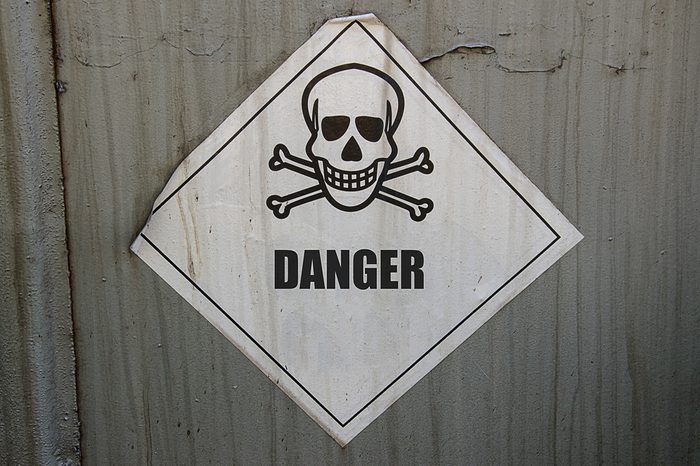
Certain waste can be hazardous
The Environmental Protection Agency (EPA) considers these products hazardous, due to their potential to cause fires, explosions, or the release of toxic chemicals. In order to avoid dangerous situations, the EPA gives guidelines for safe management of household hazardous waste (HHW). The following are illegal to dump in New York City and are either illegal or highly discouraged in the majority of other states in the country, as well. Here are 7 more everyday things you didn’t realize were illegal.
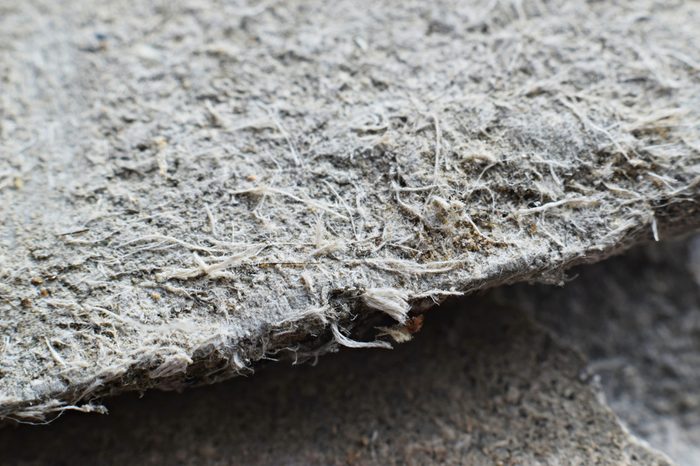
Asbestos
We all know that asbestos can be harmful if it’s not removed properly, especially for your lungs. Asbestos can be incredibly harmful to the environment (and overall air quality) if not properly disposed of. Contact a hazardous/chemical waste company for safe disposal.
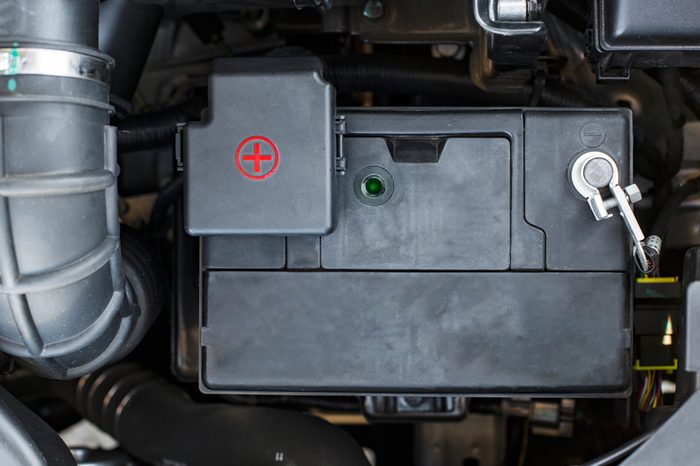
Automotive batteries
Did you know that when you buy a car battery, you pay a $5 surcharge? You can get money returned to you if you return the battery for proper disposal. Car batteries are wet-cell batteries that most commonly have lead-acid in their chemistry type.
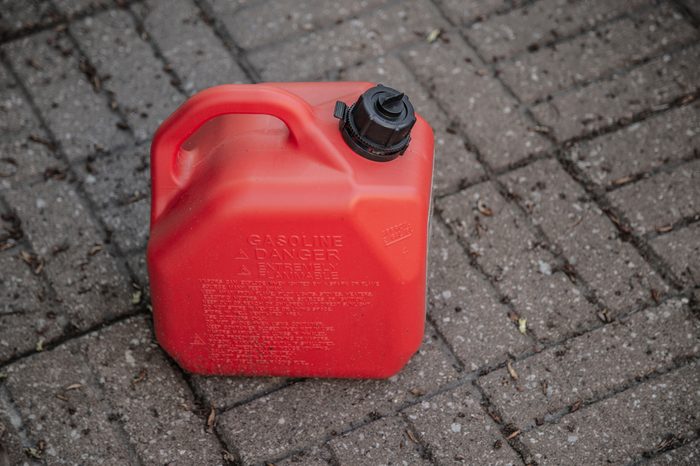
Gasoline
Gasoline can cause all sorts of hazardous injuries and accidents. As a material, it is highly flammable, and can easily catch fire. When it comes into contact with skin, it can cause extreme irritation. When splashed in your eyes, it can cause severe eye injury. When ingested, it is highly toxic and can kill you. It’s advisable to purchase only the smallest supply that you need, and be careful not to dispose of leftovers in curbside trash; contact a hazardous/chemical waste company or find a disposal drop-off event near you.
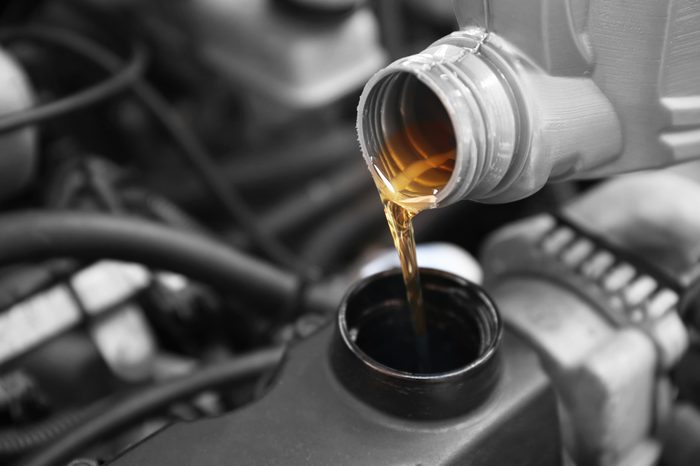
Motor oil & transmission fluid
Since motor oil needs to be routinely replaced, if you change your car’s oil yourself, you’ll have to deal with the “waste oil” every now and then. Do not dump it down the drain—it’s actually illegal to discard it that way. When oil mixes with groundwater, contaminates can prevent sunlight and oxygen from permeating the water (and this affects aquatic life). Instead, return used motor oil or transmission fluid to any service station—they’ll take it off your hands and dispose of it properly.
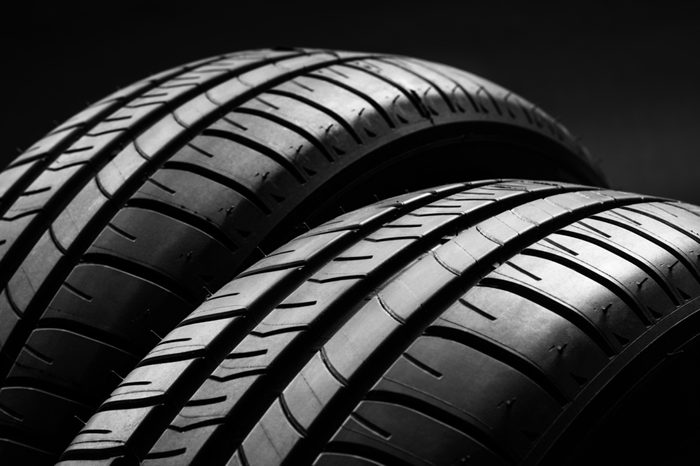
Tires
Tires aren’t particularly hazardous when they’re on your car, but you can’t just leave used ones laying around. Should they catch fire, they produce acrid smoke that is extremely harmful for humans and the environment. When your old tires wear out, you can have them replaced at a tire shop and the mechanics will dispose of them properly. Or you can change them yourself. When you’re through with the job, you can’t just toss the old ones in the trash, however, because the steel belts they’re made with can puncture the liners in landfills and lead to ground contamination. Most car dealerships and tire shops will recycle tires for a small fee. In some towns, the recycling service is free and tire businesses are actually required to take in as many as they sell. Mechanics have plenty of other secrets including tricks of the trade that they won’t tell you.
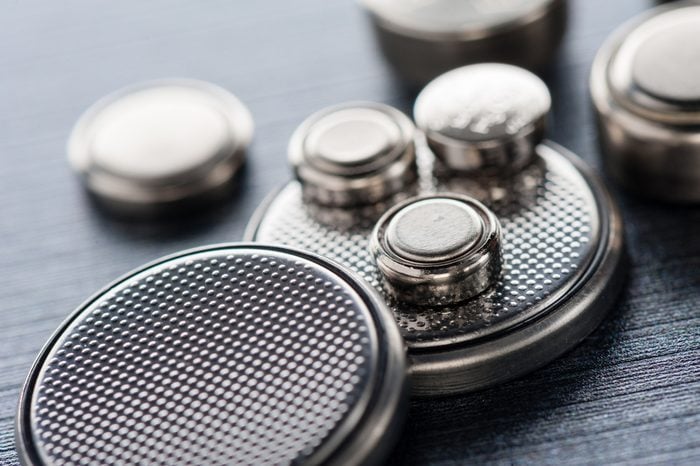
Rechargeable, button, and UPS Batteries
Batteries are made of materials that can be toxic to the environment if not properly disposed of. These materials include acid, nickel, lead, lithium, cadmium, alkaline, mercury, and nickel-metal hydride. While alkaline batteries are no longer classified as hazardous, all other types including rechargeable, button, or uninterruptible power supply (UPS) batteries are actually combustible and could cause a fire. Really! See the best way to charge your device that will make its battery last much longer.
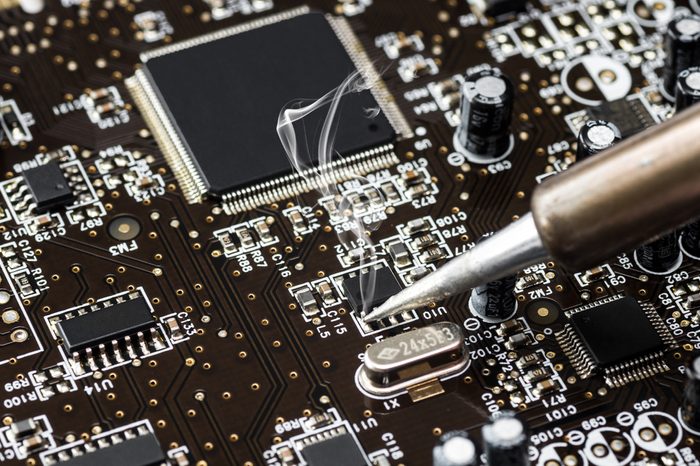
Electronics
Most household electronics contain hundreds of small components—some that contain heavy metals such as lead, mercury, cadmium, beryllium, and more that are toxic to the environment. There are various ways to properly dispose of household electronics, including donations, take-backs, mail-backs, e-cycles, e-waste events, drop-offs, and even curbside appointments.
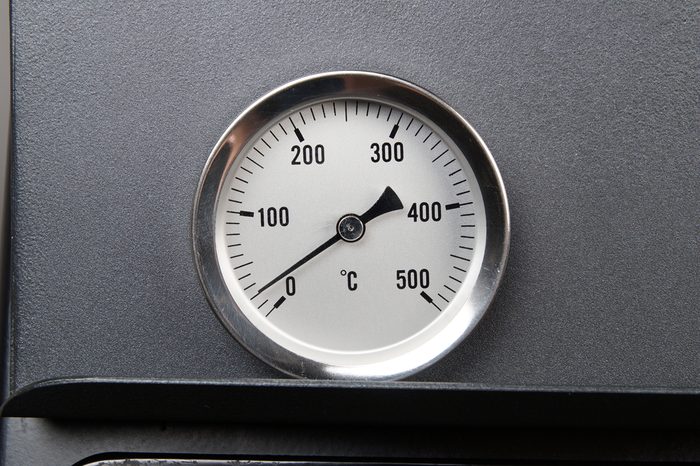
Thermostats & thermometers
Some thermometers and thermostats still contain mercury, which is a neurotoxin so hazardous to the human body that some states ban the sale of mercury thermometers in favor of digital thermometers with chargeable batteries instead. Mercury is highly toxic and can cause harm to the nervous, digestive, and immune systems. It can also affect lungs and kidneys, where exposure could be fatal. If you have a mercury thermostat in your home, when it comes time for a replacement it’s advisable to switch to a digital thermostat. When you do, be sure you find a proper place to recycle the old mercury thermostat by checking thermostat-recycle.org. If you’re working with a contractor to replace your home thermostat, ask him how he will be disposing of the old one. Contractors are required by law to recycle mercury thermostats properly.
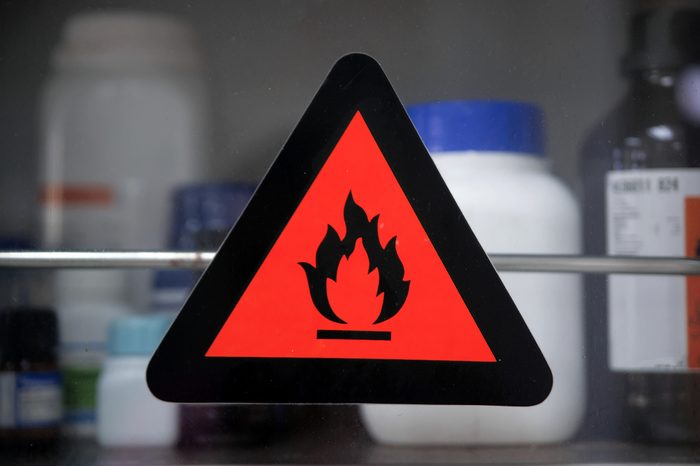
Buy safer products
Of course, the best way to protect yourself, your home and family, and the environment is to think twice before buying any hazardous products and introducing them into your home. If a label says “DANGER” or “POISON,” that means high-level hazards, while “WARNING” and “CAUTION” tend to mean lower levels of hazard. Avoid hazardous materials altogether by finding products with Green Seal, EPEAT, MPI green performance, or EPA stickers. Now that you know more about hazardous materials, check out these 50 things you won’t believe are banned in the U.S.
Sources:
- EPA: “Household Hazardous Waste (HHW)”
- New York City Department of Sanitation: “Safe Handling & Disposal of Harmful Products: Guide for NYC Residents”
- Thermostat Recycling Corporation
